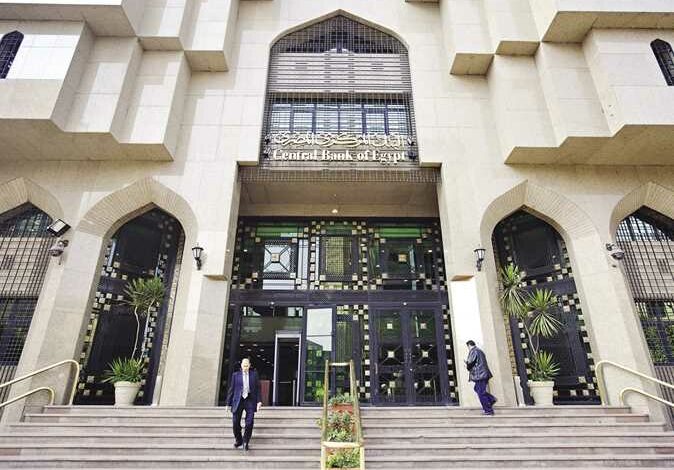
The Central Bank announced an increase in net foreign reserves to US$46.94 billion at the end of October, compared to $46.74 billion at the end of September, an increase of $200 million.
The value of foreign currencies included in the reserve recorded $35.497 billion at the end of October, compared to $35.996 billion at the end of September, while the balance of special drawing rights increased to about $293 million in October, compared to $20 million at the end of September.
The Central Bank explained that the value of gold reserves included in the foreign exchange reserves increased to $11.154 billion at the end of October, compared to $10.723 billion at the end of September.
Benefits of increased foreign reserves
Banking expert Tarek Metwally, confirmed that the increase in foreign reserves has many positive aspects.
Foreign reserves are used to meet the state’s needs and are an indicator of confidence in the economy of any country, as the more the reserves increase, the more there is a message of reassurance in the economy, he explained.
He added to Al-Masry Al-Youm that the increase in foreign reserves is one of the most important indicators for the credit rating, explaining that the reserves are a means of mitigating external shocks, in addition to the fact that we rely on the reserves to pay for import needs and are a factor of confidence in the Egyptian economy and greatly strengthens the local currency against foreign currencies.
He stated that, “The increased foreign reserves give the world confidence in the Egyptian economy,” stressing that the increase in reserves now is the most prominent in recent times.
The foreign reserves at the Central Bank are able to cover the country’s needs for imported commodities and strategic goods for a long time, which gives the Central Bank flexibility in managing production requirements and ensures the sustainability of the abundance of foreign currency, and has a positive impact on fiscal policy.
He pointed out that the increase in foreign reserves at the Central Bank ensures the sustainability of factory operations thanks to the availability of production requirements, which supports the stability of markets with the availability of goods and products in large quantities, and enhances the increase in export revenues as a result of the steady increase in production.
Egypt’s foreign reserve consists of a basket of major international currencies, including the US dollar, Euro, the Pound Sterling, the Japanese yen, and the Chinese yuan.
It is a percentage of which Egypt’s holdings are distributed on the basis of the exchange rates of those currencies and the extent of their stability in international markets, and changes according to a plan drawn up by CBE officials.
The nation’s foreign currency availability has improved after Egypt signed an agreement with the UAE in February, under which ADQ (the holding company) acquired the development rights for the Ras al-Hikma project for $24 billion to develop the area, in addition to converting $11 billion of UAE deposits with the Central Bank of Egypt into investments in major projects.
Edited translation from Al-Masry Al-Youm




